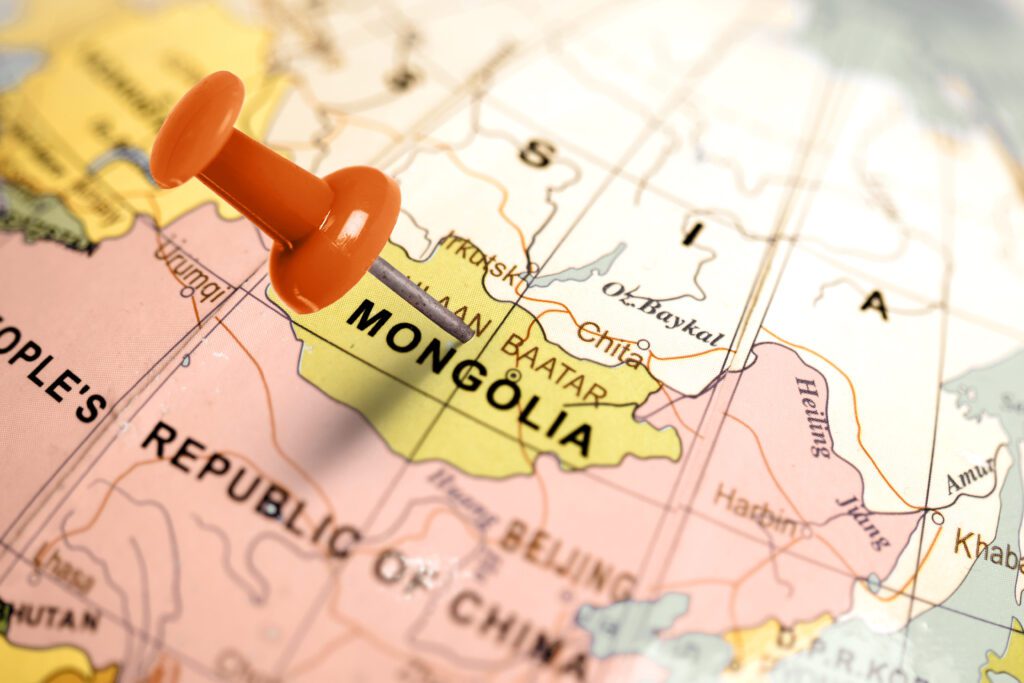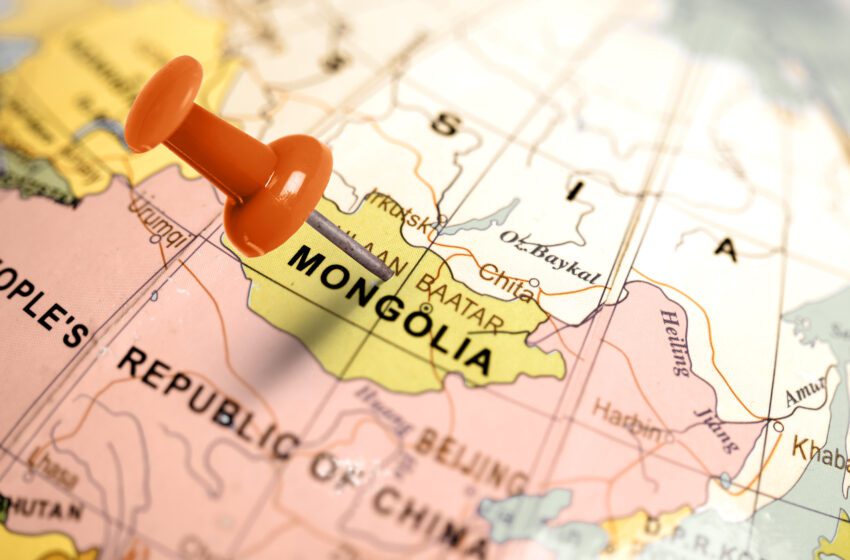
The Coalition of Asia Pacific Harm Reduction Advocates (CAPHRA) has called on the Mongolian government to reassess its stance on tobacco harm reduction (THR) products. CAPHRA cites evidence from Japan that demonstrates significant health and economic benefits from embracing safer alternatives to smoking.
A recent study published in the journal Healthcare indicates that if 50 percent of smokers in Japan switched from combustible cigarettes to heated tobacco products (HTPs), it could prevent 12 million patient cases and save JPY 454 billion ($2.95 billion) in healthcare costs. This data underscores the immense potential of THR strategies in countries with high smoking rates.
Nancy Loucas, Executive Coordinator of CAPHRA, stated, “The Japanese example clearly illustrates that safer nicotine products can be an effective harm reduction tool in nations where smoking prevalence remains high and other safer nicotine products are unavailable.”
Mongolia, which faces significant tobacco-related health issues, could greatly benefit from adopting a more progressive approach to THR. Despite the adoption of a Tobacco Control Law in 2005 and a ban on indoor smoking since 2015, enforcement remains weak. Cigarettes are still sold near schools without regulation, and there is no violation monitoring or fines.

